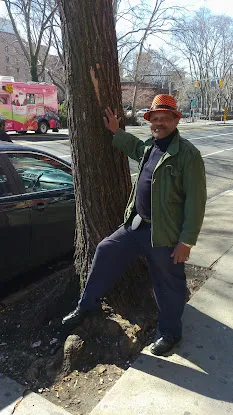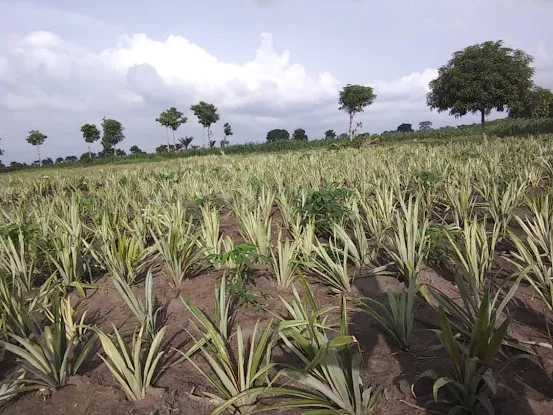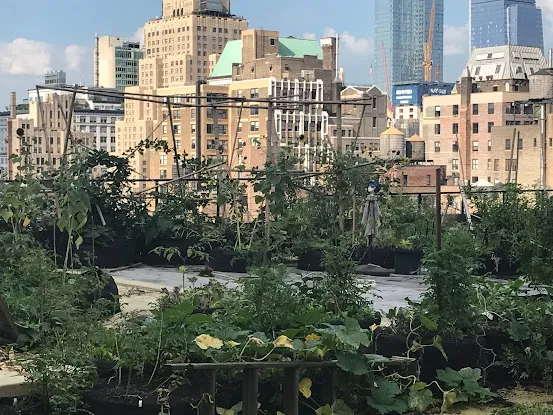Agricultural production Midtown Manhattan

The Prince George Norwich Meadows Farm CSA
Midtown Manhattan
14 E 28th St New York, NY 10016 United States
FFD Enterprises MA, Inc
Downtown Manhattan

AFRICA AGRIPOLE
Downtown Manhattan
Agricultural Production in Midtown Manhattan
Midtown Manhattan, known for its towering skyscrapers and bustling streets, is not the first place that comes to mind when thinking about agricultural production. However, this vibrant area is home to a growing movement that seeks to integrate farming into the urban landscape. The rise of urban agriculture in Midtown is redefining the relationship between city dwellers and their food sources.
One of the most notable trends in agricultural production in Midtown is the establishment of community gardens. These gardens provide local residents with the opportunity to engage in hands-on gardening, promote sustainability, and foster a sense of community. Many of these gardens are located in previously unused lots, transforming them into green spaces that contribute to the local ecosystem.
Additionally, Midtown Manhattan boasts several rooftop farms that are revolutionizing how we think about urban space. These farms utilize innovative techniques to grow fresh produce atop buildings, reducing the carbon footprint associated with transporting food into the city. Rooftop farms not only provide fresh vegetables and herbs but also create habitats for pollinators and contribute to improved air quality.
The integration of technology in agricultural practices is another key aspect of agricultural production in Midtown. Vertical farms, which stack crops in a controlled environment, are gaining popularity due to their efficiency. These farms use hydroponic systems that allow for year-round cultivation without the need for traditional soil. This method not only conserves water but also maximizes space, making it ideal for a densely populated area like Manhattan.
Moreover, the demand for locally sourced produce has led to the rise of farmers' markets in Midtown. These markets provide residents with access to fresh fruits, vegetables, and artisanal products, directly from local producers. The convenience and quality of these markets encourage a healthier lifestyle and support local economies.
In addition to community initiatives, several organizations in Midtown are dedicated to promoting agricultural education and awareness. Workshops and events are held regularly to teach residents about the benefits of urban farming, sustainable practices, and how to grow their own food. This educational focus is essential in inspiring the next generation of urban farmers.
In conclusion, agricultural production in Midtown Manhattan is more than just a trend; it's a movement that reflects a growing awareness of sustainability and food security in urban environments. As the city continues to evolve, the integration of agriculture into the urban fabric will play a crucial role in shaping a greener, healthier future for all its residents.

